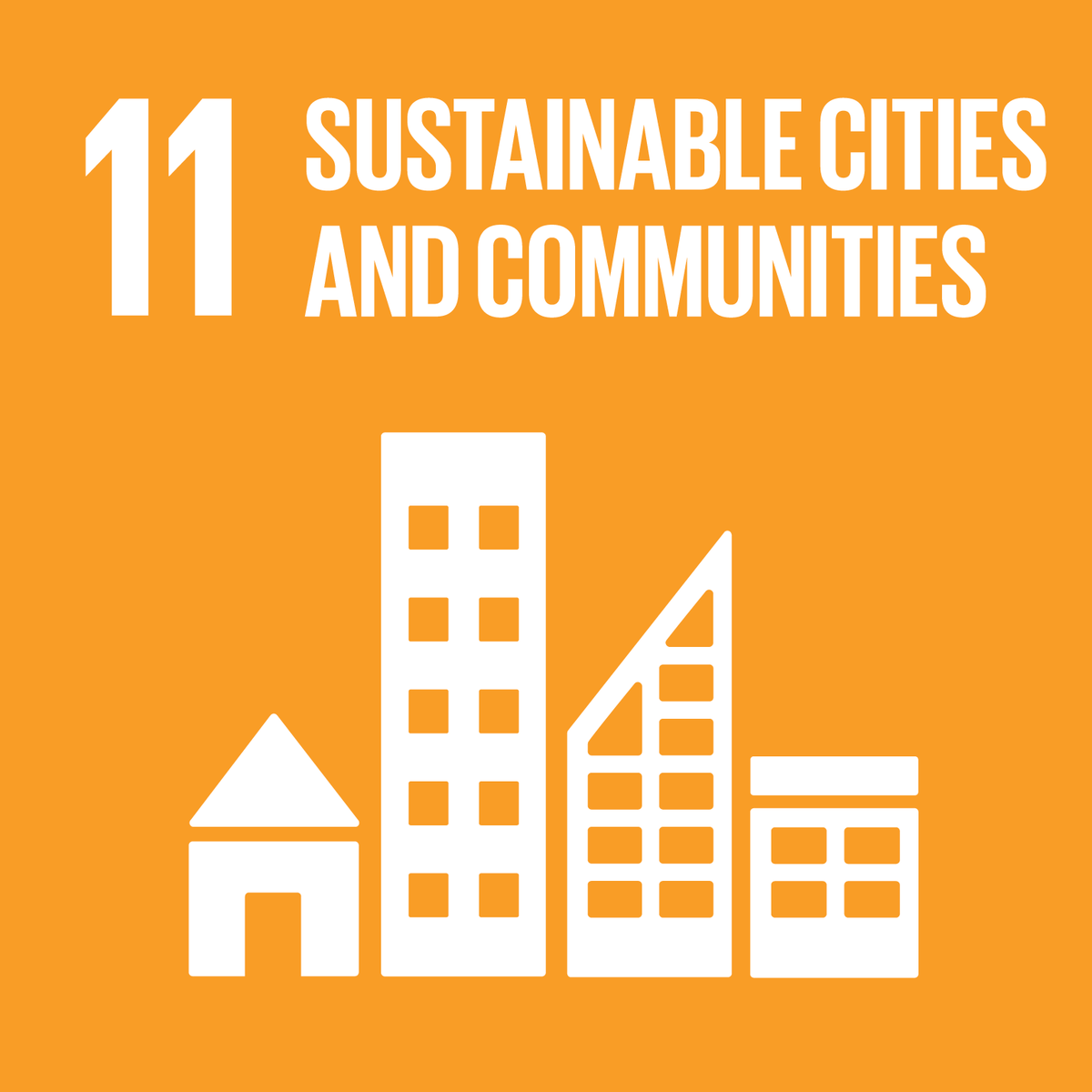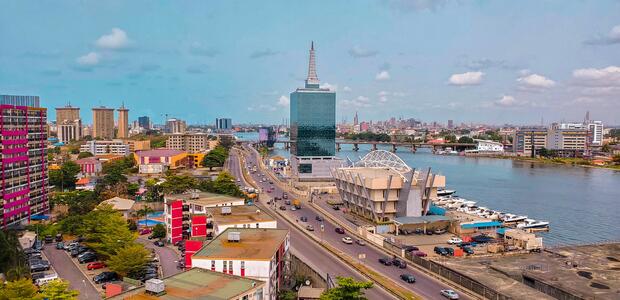Led by Manchester University, the African Cities Research Consortium (ACRC) produces high-quality and research to understand which policies and programmes will improve the living standards of residents in 12 African cities. The ACRC is a collaboration between research institutes, urban development advocacy groups, humanitarian organizations, think tanks, and community-based organizations across academic disciplines and political affiliations that will tackle the complex challenges presented by Africa’s fast-growing urbanization. UNU-WIDER leads on the structural transformation domain of this project, meaning that our research focus involves the movement of workers from low- and labour-intensive productivity sectors to high-productivity sectors.
African cities today are among the fastest growing in the world, and with this growth comes enormous problems and opportunities. Over the last decade, policy actors have increasingly recognized the challenges presented by this growth, but progress on these has been minimal. To address core challenges of economic development, social exclusion, city governance, and poverty reduction, the project will formulate a multiscale approach using the diverse expertise of the consortium members, with each focusing on distinct but interrelated domains of urban development, such as housing, health, safety, and the environment.
UNU-WIDER will focus on the structural transformation domain, studying the movement of workers from low-productivity sectors to high-productivity sectors, which is a fundamental component of achieving inclusive and sustainable growth for residents in these cities, and reducing poverty. Within the structural transformation domain, we are initially focusing on the following cities:
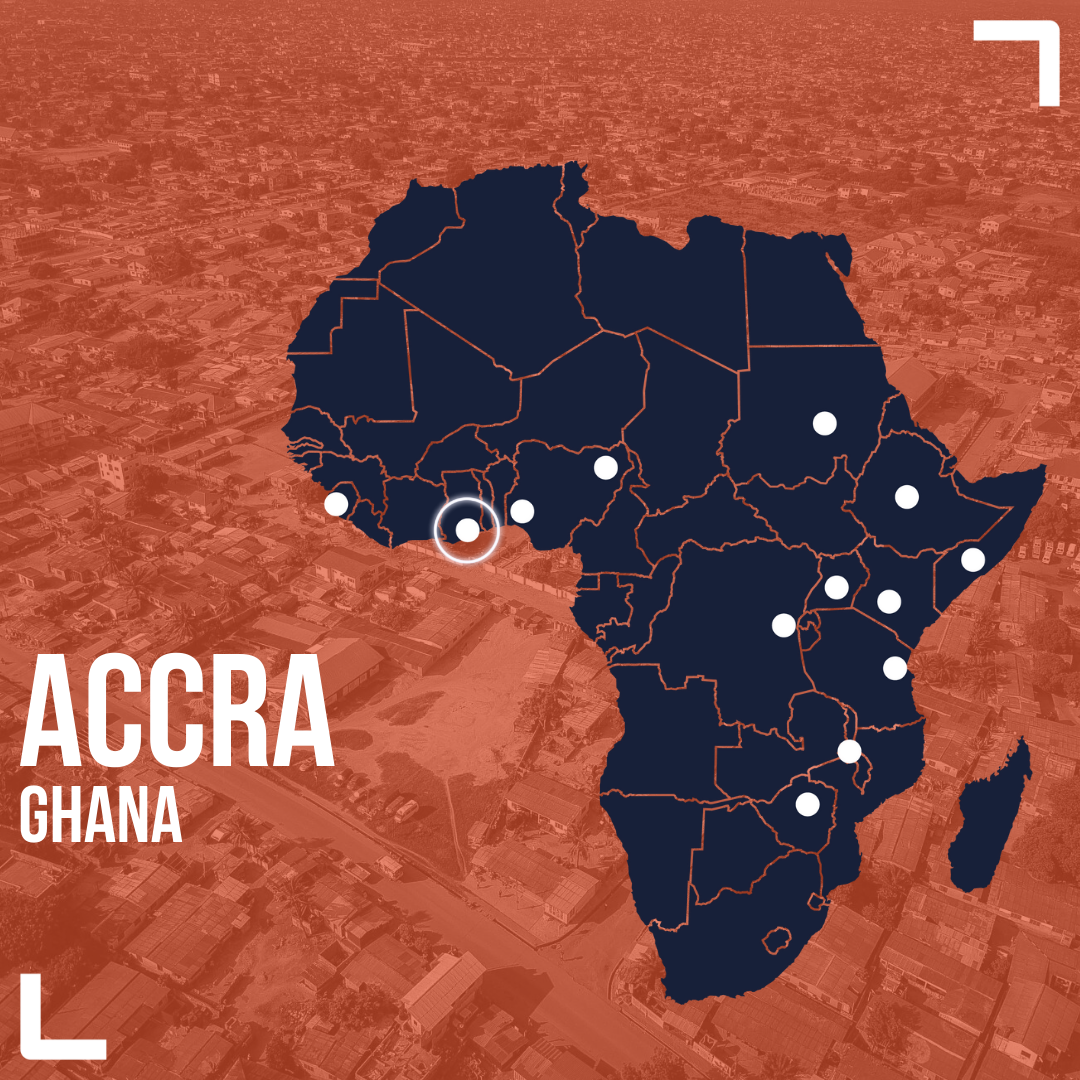
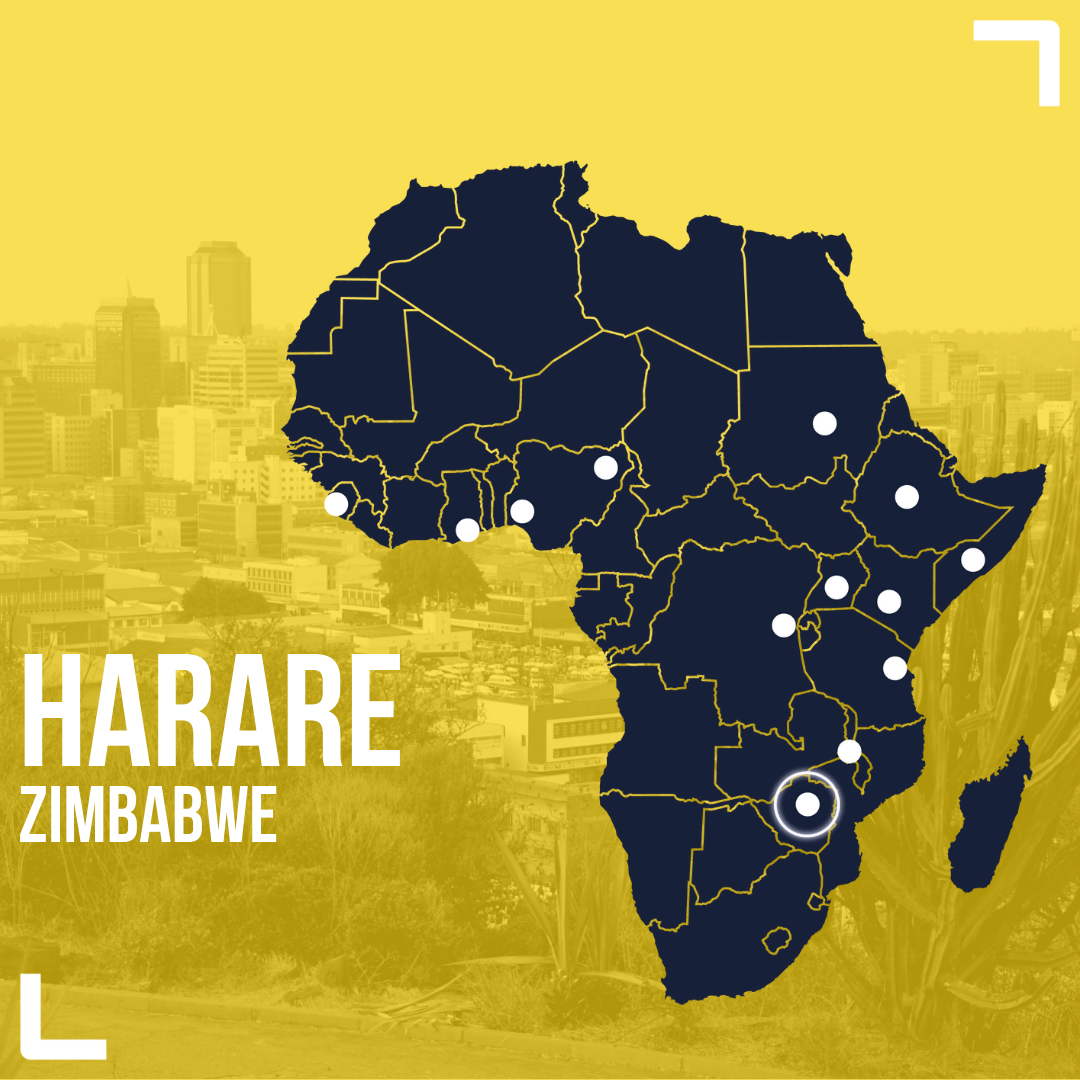
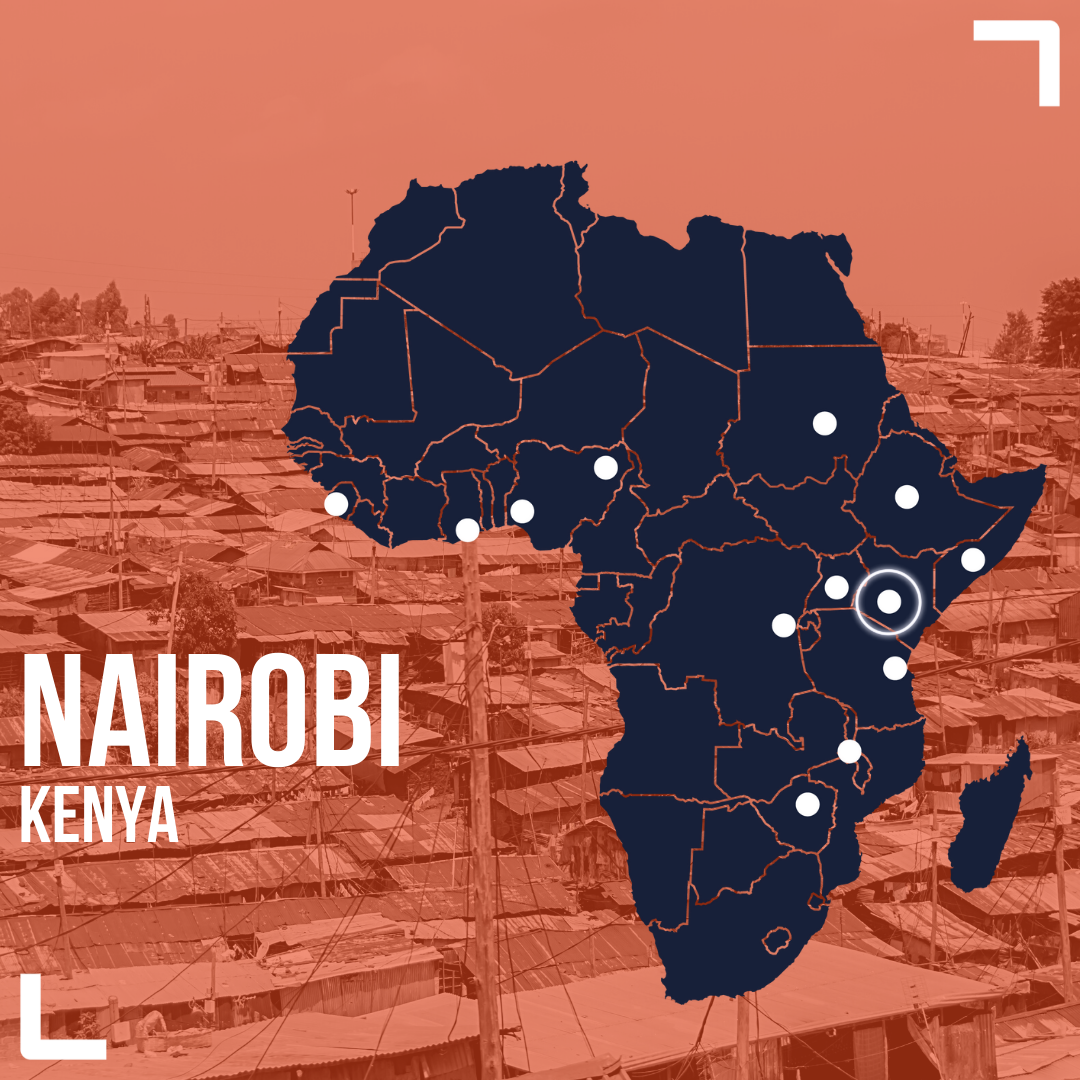
These cities have been selected because they are ideal for the structural transformation domain research questions, particularly because they have experienced high rates of urbanization, coupled with high levels of informality—mainly low-productive, informal self-employment. In other words, urbanization has occurred, but workers in these cities are still trapped in low-productive, labour-intensive activities.
Structural transformation is focused primarily on income and asset generation, but it touches upon many measures of a city’s success, including food distribution, transportation, energy, water and sanitation, education, and health.
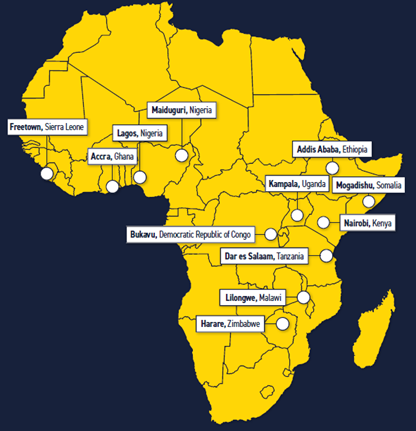 Project structure and focus cities
Project structure and focus cities
ACRC’s research structure will be released over the course of three phases, with four underlying key themes informing these phases. Broadly speaking, the trajectory of the project will first identify the problems that urban residents face in these cities, what policies prevent the ability to alleviate these problems, and then identify what potential solutions would best serve residents to solve these problems. All research will be shared to provide maximum research uptake to policymakers everywhere.
Project governance
The project is implemented by a consortium led by the Global Development Institute (GDI) at the University of Manchester. UNU-WIDER is a core partner in the project, along with other partners included in the consortium: ICLEI – Local Governments for Sustainability Africa; International Institute for Environment and Development (IIED); International Rescue Committee (IRC); Liverpool School of Architecture, University of Liverpool; Liverpool School of Tropical Medicine (LSTM); Overseas Development Institute (ODI); Partnership for African Social and Governance Research (PASGR); Slum Dwellers International (SDI).
Watch this space
All working papers, host project publications, events, briefs, information on media coverage, interviews, blog posts, opportunities, and any other information related to project will be made available on this webpage.
UN's 2030 Agenda for Sustainable Development
The research will address three of the UN’s Sustainable Development Goals (SDGs): SDG 8: Decent work and economic growth, SDG 11: Sustainable cities and communities, and SDG 16, Peace, justice and strong institutions.

 Join the network
Join the network


 Project structure and focus cities
Project structure and focus cities
